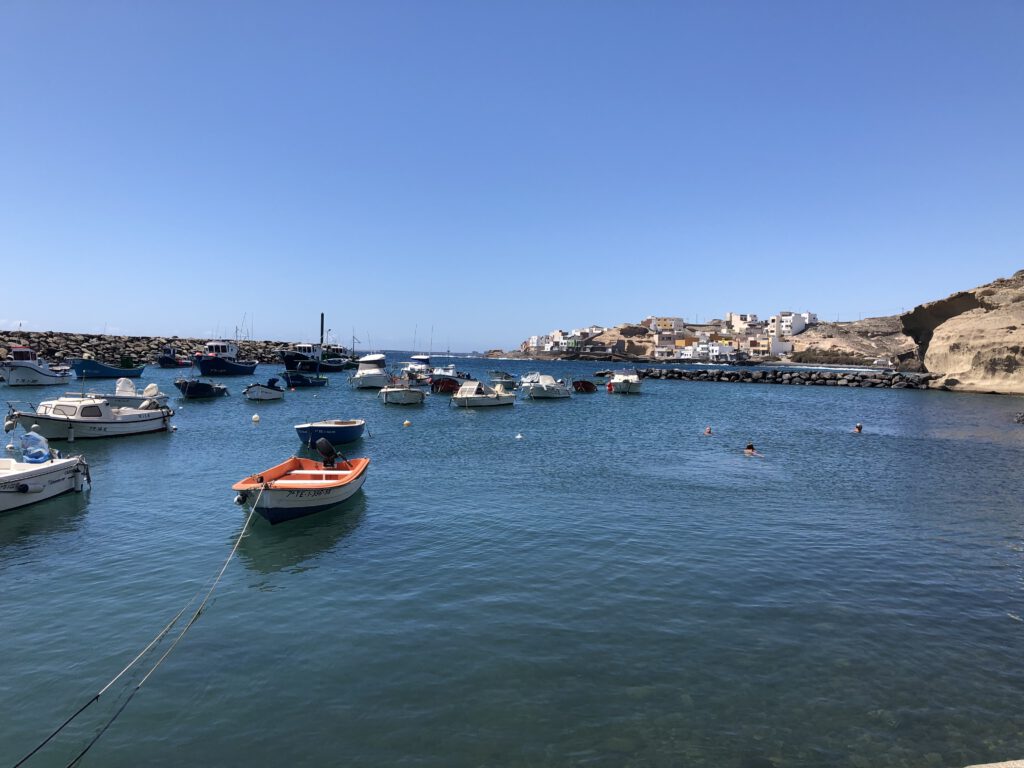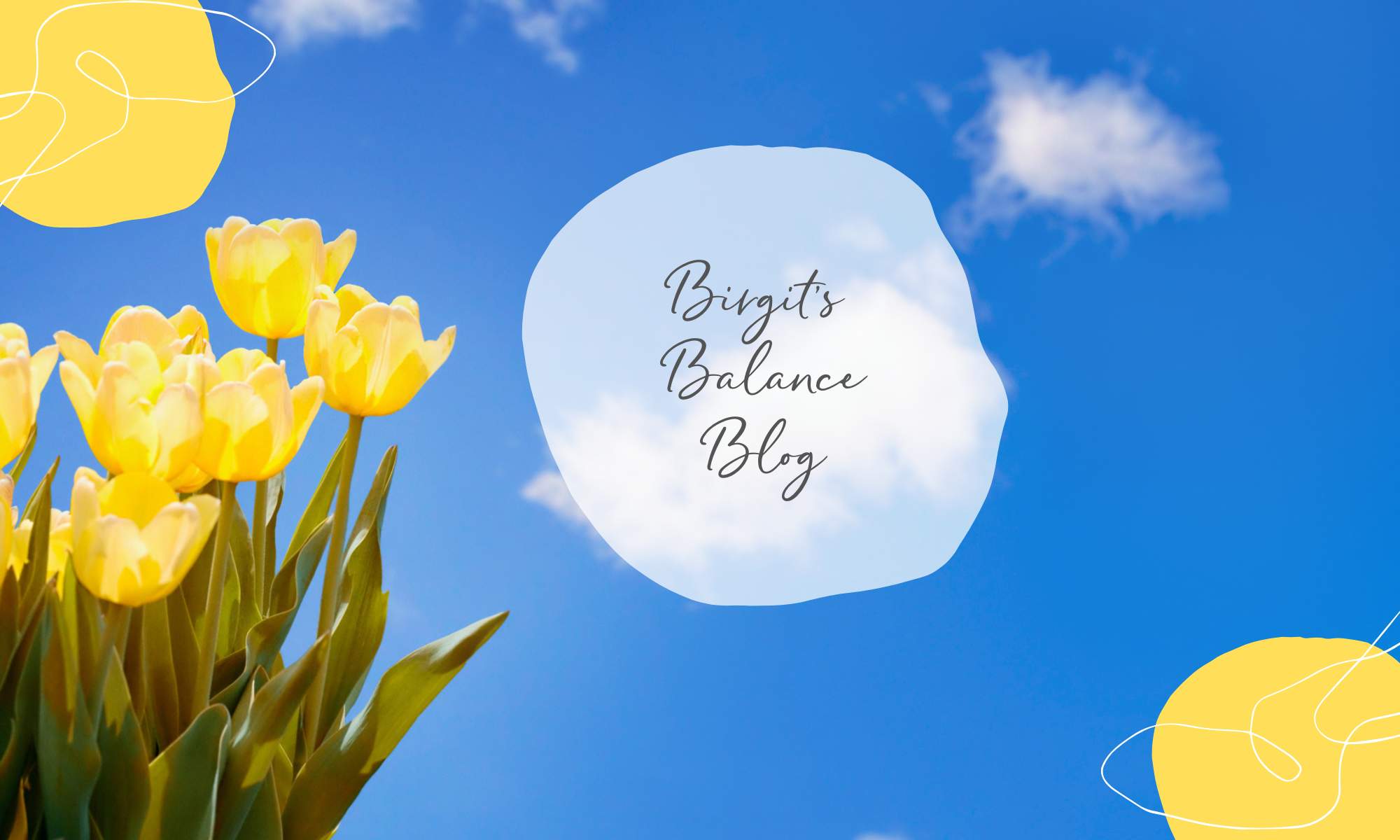
In a harbour on a western coast of Europe, a poorly dressed man lies in his fishing boat and dozes. A smartly dressed tourist has just put a new colour film into his camera to take the idyllic picture: blue sky, green sea with peaceful, snow-white wave crests, black boat, red fishing cap.
Click.
Once more: click,
and since it’s three times the charm and it’s safe, a third time: click.
The brittle, almost hostile sound wakes the dozing fisherman, who sleepily sits up, sleepily fishes for his packet of cigarettes. But before he finds what he is looking for, the eager tourist has already held a pack in front of his nose, put the cigarette not exactly in his mouth but in his hand, and a fourth click, that of the lighter, completes the hasty courtesy.
That barely measurable, never verifiable too much of nimble politeness has created an irritable embarrassment, which the tourist – speaking the local language – tries to bridge by talking. “You’ll make a good catch today.”
Shaking of the fisherman’s head. “But I was told that the weather is favourable.”
Nodding of the fisherman’s head. “So you are not going to go out?”
Shaking of the fisherman’s head, rising nervousness of the tourist.
Surely he has the poorly dressed person’s welfare at heart, gnaws at him with sadness at the missed opportunity. “Oh? You don’t feel well?” Finally, the fisherman moves from sign language to the truly spoken word.
“I feel great,” he says. “I’ve never felt better.” He stands up, stretching as if to demonstrate how athletically built he is. “I feel fantastic.”
The tourist’s expression becomes more and more unhappy, he can no longer suppress the question that threatens to burst his heart, so to speak: “But why don’t you go out then?” The answer comes promptly and to the point. “Because I already went out this morning.” “Was the catch good?” “It was so good that I don’t need to go out again, I had four lobsters in my baskets, caught nearly two dozen mackerel.”
The fisherman, finally awake, now thaws and pats the tourist on the shoulder. The latter’s worried expression seems to be of misplaced but touching concern.
“I even have enough for tomorrow and the day after!” he says to ease the stranger’s soul. “Will you smoke one of mine?” “Yes, thank you.” Cigarettes are put into mouths, a fifth click, the stranger sits down on the edge of the boat shaking his head, puts the camera out of his hand, for he needs both hands now to give emphasis to his speech. “I don’t want to interfere with your personal affairs,” he says, “but imagine if you went out for a second, a third, maybe even a fourth time today, and you caught three, four, five, maybe even ten dozen mackerel. Imagine that!” The fisherman nods. “You would,” the tourist continues, “not only go out today, but tomorrow, the day after, yes, every favourable day two, three, maybe four times – do you know what would happen?”
The fisherman shakes his head. “You would be able to buy a motor in a year at the latest, a second boat in two years, in three or four years you might have a small cutter, with two boats or the cutter you would of course catch much more – one day you would have two cutters, you would …. “, the enthusiasm catches his voice for a few moments, “you would build a small cold store, maybe a smokehouse, later a marinade factory, fly around in your own helicopter, spot the schools of fish and give your cutters instructions by radio, you could acquire the salmon rights, open a fish restaurant, export the lobster directly to Paris without middlemen – and then…” – again, the stranger’s enthusiasm leaves him speechless. Shaking his head, saddened in the depths of his heart, almost losing his holiday joy, he looks at the tide rolling in peacefully, in which the uncaught fish are jumping merrily. “And then,” he says, but again his excitement takes his breath away. The fisherman pats him on the back like as if he were a child who has choked. “What then?” he asks quietly. “Then,” says the stranger with quiet enthusiasm, “then you could sit here in the harbour with peace of mind, dozing in the sun – and looking out at the magnificent sea.”
“But I’m already doing that,” says the fisherman, “I’m sitting calmly by the harbour and dozing, only your clicking disturbed me.
The freshly instructed tourist left thoughtfully, for he had once believed that he was working so that one day he would no longer have to work, but no trace of pity for the poorly dressed fisherman remained in him, only a little envy.
Source: Böll, Heinrich, Werke: Band Romane und Erzählungen 4. 1961-1970. Cologne: Kiepenheuer & Witsch 1994, p. 267-269
